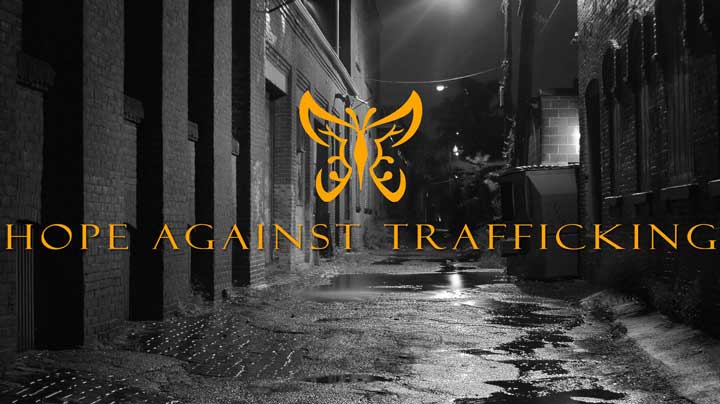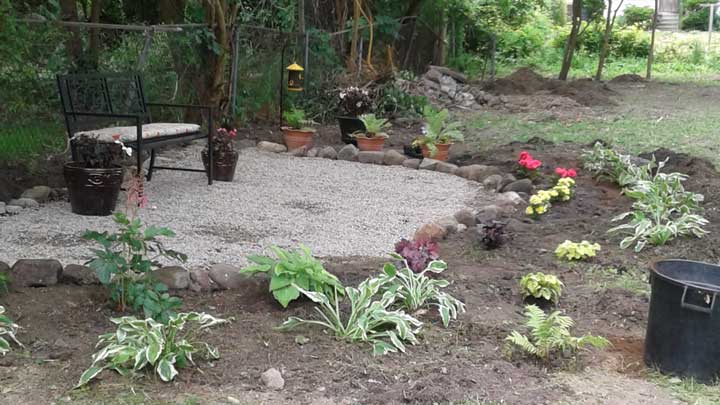
By Priscilla Rodriguez | m/Oppenheim Media Writer
Human trafficking is a $32 billion industry, with more than 800,000 women, men, and children affected around the world, every year.
“But human trafficking is not a foreign problem — it’s a human problem,” says Melissa Zebrowski, Chief Development Officer of Hope Against Trafficking, a nonprofit in Detroit, Michigan dedicated to providing safe housing and restorative services to female survivors of human trafficking.
Within the U.S. alone, more than 17,000 people are victims of human trafficking every year, and Michigan in particular is one of the areas in the U.S. that is the most affected. In 2015, it was ranked No. 2 in the U.S. for human trafficking sex trade.

Zebrowski explains that especially in wealthier countries, the expectations around safety are higher and people are less inclined to admit that human trafficking is happening in their very own neighborhoods.
“People don’t talk about something they know is there, because they don’t want to admit that it’s there. That’s the problem that we’ve encountered: people do understand that [the issue] exists, but then they just don’t know how to locate the proper resources,” she said.
One of the biggest obstacles that survivors of human trafficking face after days, months or even years as victims, is a lack of resources and knowing where to look for help.
Hope Against Trafficking has developed an innovative model that looks to solve that problem by connecting survivors with a safe space through a two-year residential program, rent-free, while receiving services to heal, rest and recover, as well as services that cater to their specific needs in overcoming other obstacles they might be facing at the time, including drug addiction, economic hardship, or legal issues.
“It’s an individual approach; there’s no ‘one shoe fits all’ solution to the problem,” says Zebrowski.
“One might need help with legal issues or immigration issues more than medical or dental issues, for example. We have a trained team that will work with victims directly to better assess what their needs are, and we will cater to those individual needs.”
In addition, female survivors are housed with other female survivors, and in the process are healing and supporting each other on the path to recovery. In some cases, the women become program leaders themselves, as is the case for the organization’s sister program in Nashville, Magdalene Thistle Farms.
“They support each other and they are each other’s’ backbone; they keep each other in check, while giving them the strength to get through.”
The women also get to work on projects, such as a community garden that allows them to develop job skills, while contributing to society, and connecting with others in the process.

The ultimate goal of the program is to help victims not only heal and recover, but to also regain a sense of confidence in their contributions to society that will lead to employment and self-sustainability upon exiting the program. Hope Against Trafficking therefore focuses on helping women to land employment through their social justice enterprise, that equips women with job skills and training.
While the organization is still in its early stages, its innovative and holistic approach to helping victims has garnered much support in the community, especially because the organization is the first of its kind in Southeast Michigan.
“In the past year and half we’ve actually garnered a lot of momentum in terms of people wanting to stand by us, people willing to talk about it, people willing to recognize that human trafficking is a human problem.”
Zebrowski explains that businesses and organizations have already expressed their support for the mission and even offered employment opportunities for women in the program.
“Everyone is bringing a lot of love and everyone is willing to help.”
The organization currently has two houses in Pontiac Michigan. The first will house five women, and the second will house 16 women. Zebrowski says this is just the start — Hope Against Trafficking will continue to buy houses and create safe spaces for women to heal and thrive.

—–
Click to learn more about Hope Against Trafficking.
Learn more bout its sister program in Nashville.
